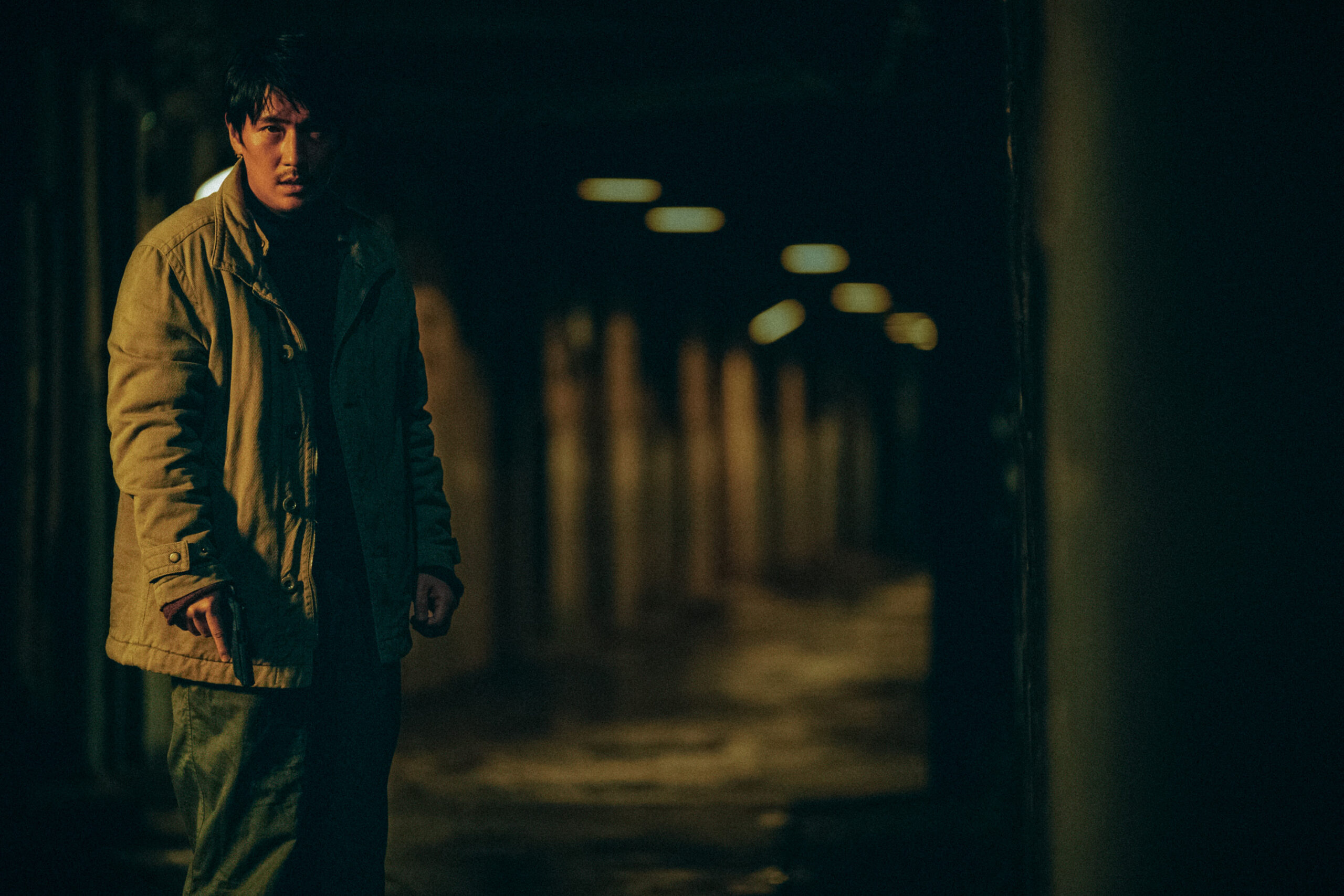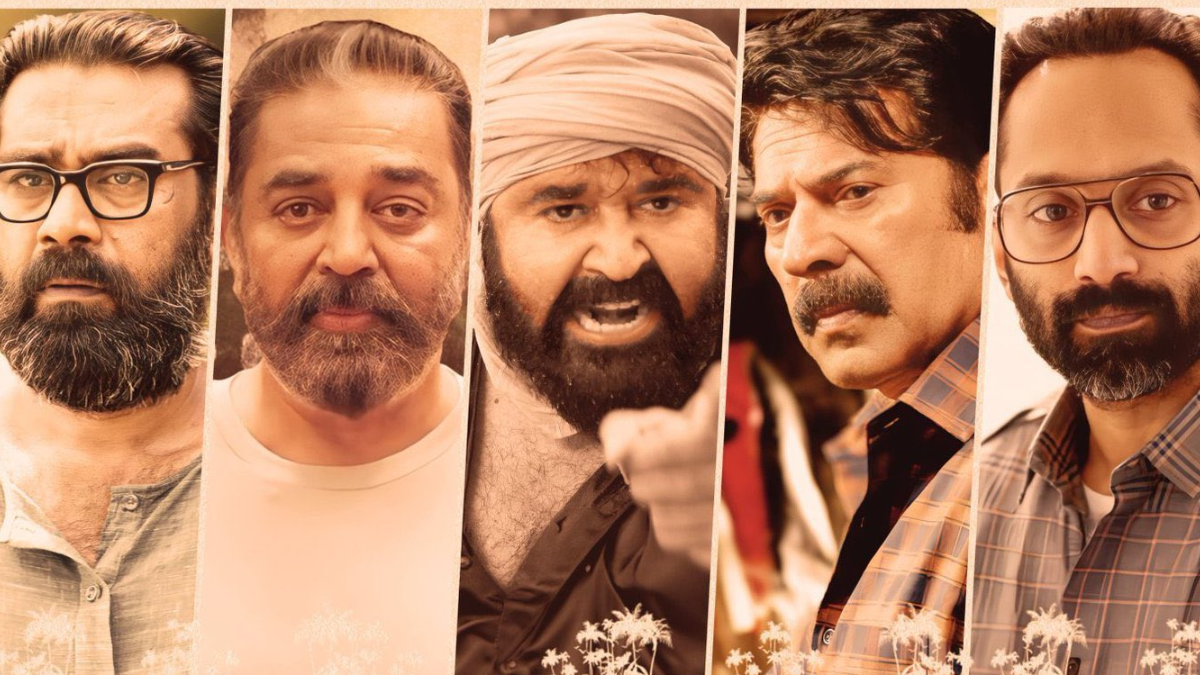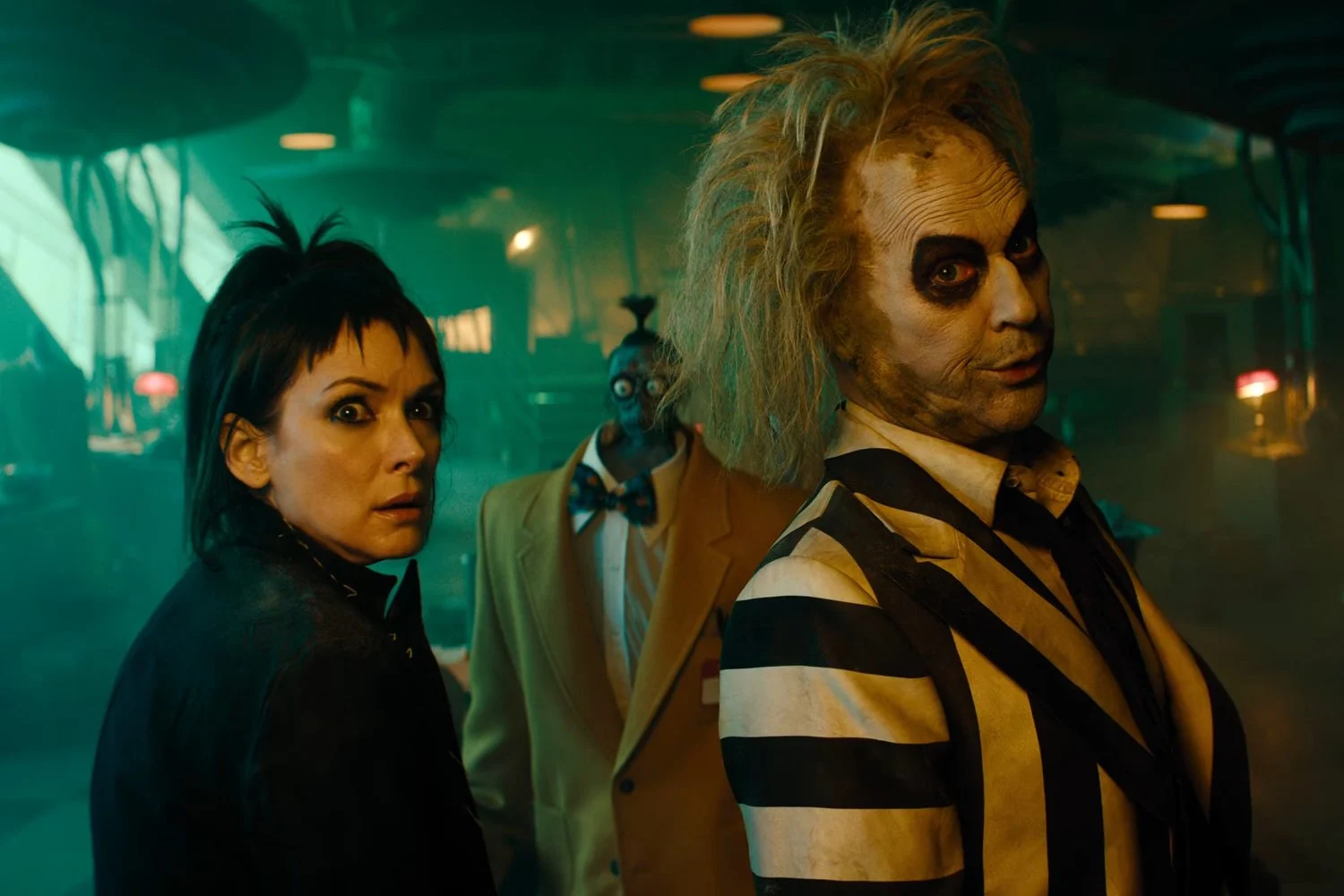Popular police procedural dramas, like Fincher’s Zodiac (2007) or Chan-wook’s Decision to Leave (2022), often feature cunningly plotted mysteries that blend realistic police work with the forlorn heroism of classic hardboiled fiction. The narratives typically hit the ground running, filled with shocking twists, climactic build-ups, and often violent confrontations. Ultimately, they allow characters to carve meaning out of the darkness. However, the Chinese whodunit Only the River Flows is a slow burn that defies conventional approaches. Its artistic style presents the protagonist with a complex array of choices as he navigates an investigation that challenges his psychological well-being. The treatment and progression of the story are reminiscent of Diao Yinan‘s Golden Bear winner Black Coal, Thin Ice (2014). However, it is endowed with a distinctive meditative pace and a deeper exploration of the protagonist’s internal struggles. This approach makes the film even more bleaker and more sinister. It also highlights the distance the investigator has from the reality of the crimes he is confronting. The screenplay contains hints that it is hiding information, which is shown by the way the plot moves slowly at first and continues languidly without ever speeding up the inquiry. Wei Shujun’s skillful approach to staging some key scenes adds to this sense of withholding.
Based on the novel by Yu Hua, the story of the film takes place in a riverside rural Chinese town. Police Captain Ma Zhe (Zhu Yilong) is the protagonist, who investigates the murder of an old woman, Granny Four (Cao Young), near the river. As the procedure follows, we discover that the deceased lady had sheltered a lunatic, known as the madman (Kang Chunlei), who has been missing since the killing. Soon, the purse of a lady is discovered at the crime scene, which has an audio cassette that leads us to the character of Hong (Moxi Zishi). But as he is questioned by Zhe, he proves to be innocent. But he informs us that on the day of the murder, he noticed a woman in the textile factory uniform and long hair on the spot. His information leads the police to another suspect, Xu Laing (Wang Jianyu), who is a worker in the factory. As the needle of doubts keeps moving from one person to another, Zhe goes through stress that takes a toll on his professional life. In the meantime, his wife, Bai (Chloe Maayan), is expecting a baby. The doctor informs us that the child may suffer from a genetic defect. Zhe suggests his wife have an abortion, which she refuses. Tension develops between the couple.
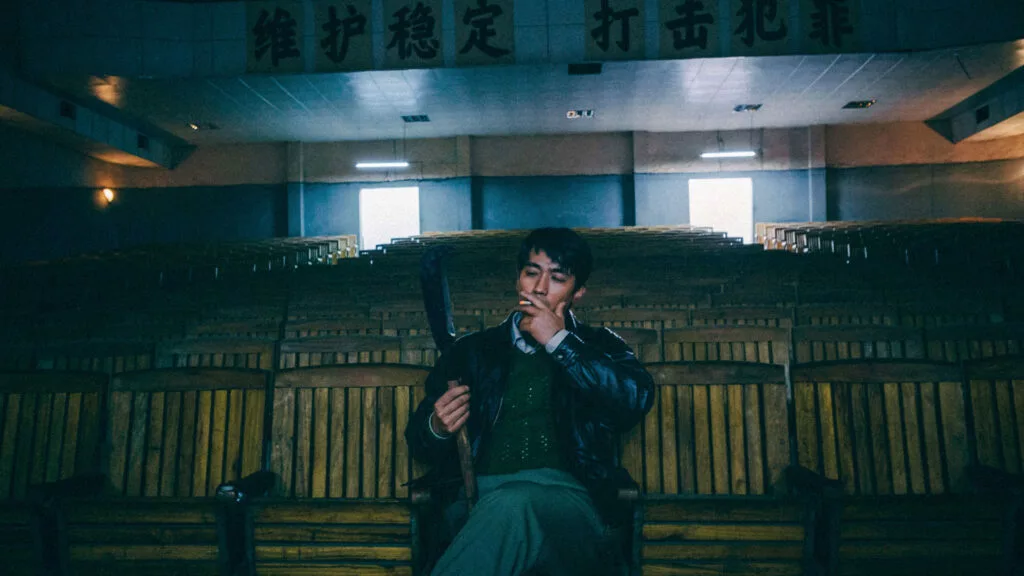
The new police station in which Zhe discreetly conducts the investigation is a film theatre that is no longer attended by people. The interrogation takes place in the projection room. The general feel of the theatre comes as a worn-out location, mirroring the decay and obscurity surrounding the case Zhe tries to solve. As the case unfolds, events become unsettling amplifying the sense of isolation and fading relevance from the theatre to the truth he is seeking. The more Zhe tries to piece together his optional and speculative conclusions with which to solve the case, the more he is trapped or confused by the puzzling nature of the complication of it all. Instead of clarity, further confusion arises. He thus understands the case even less. His superior, the chief of police (Hou Tianlai) in the department, is pleased with easy explanations and wishes to close the investigation as soon as possible. The to-and-fro motion of the table tennis ball acts as a metaphor for the shallow and back-and-forth approach they’ve taken toward the case. It reflects the tension between the pressure to hastily conclude the investigation and the deeper, more complex truth that Zhe struggles to unravel. This dynamic is reminiscent of his pursuit of the grade-three merit award back in Yunnan. Both situations exemplify how Zhe seeks meaning and struggles for closure in an essentially disorganized and elusive world.
As the investigation rolls out, Zhe’s personal life with his wife, Bai, takes a drastic turn and affects his personal life. When an unsympathetic doctor informs them that their unborn child is at risk of a genetic defect, matters in both their lives reach a fever pitch. This subplot integrates organically into the story, bringing a layer of misery to the entanglement between professional and personal life. It brings to light not just the mystery that needs deciphering but the personal stakes in unearthing the truth. This relationship, thus, becomes a source of conflict and weakness for Zhe. It indicates how his problems in the sphere of profession and personal misfortunes closely interact to be finally transformed into his character and decisions throughout the investigation. A dream sequence where Zhe envisions the surreal nature of his situation reflects his mounting anxiety and confusion. This stylistic sequence captures his fears and hopes, allowing viewers to gain insight into his psyche. The jigsaw puzzle at home that he tries to damage yet ultimately gets completed by Bai further reflects the complexity of his circumstances.
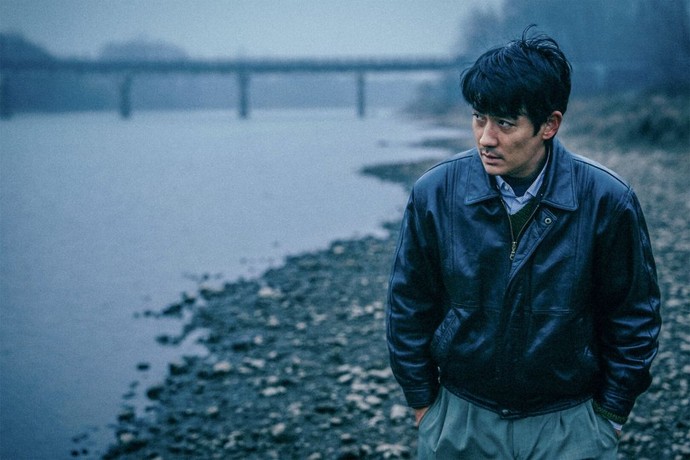
Shot on 16mm, the retro feel of the 90s created by cinematographer Chengma Zhiyuan gives it a noirish vibe and amplifies the moodiness within the tale. The grainy texture and subdued color palette help in tending toward a visual style that resonates with mystery and emotional complexity. Matthieu Laclau’s editing allows the film to simply place its narrative cards on the table, and yet, through slight ellipses, tantalizingly obscures certain causes and connections. The sound design by Duu-Chih Tu and Tse Kang Tu does not employ a score, using only dialogue and ambient sound to create the environment. An insistent, repetitive use of Beethoven’s Moonlight Sonata is a motif. Used as background scoring in some scenes, it brings out those haunting and sad tones within the story. The music soothes and mellows down the emotional intensity while, in the same breath, adding a layer of complication and intricacy to the mysterious and baffling elements of the story. The art direction by Menglun Zhang creates an appropriate space for a mysterious tale to unfold. The claustrophobic atmosphere of the theatre enhances the sense of confinement tension and unsettling environment.
Yilong Zhu as Ma Zhe carries the film on his shoulder and not only fits the film to a tee but determines its entire tone. The intensity of his presence, matched with the quiet reticence of his voice, makes for something mesmerizing that keeps us hooked right till the film’s final, powerfully resonant shot. Shujun’s direction is efficient and entirely built for purpose. He manages to keep the audience on board throughout the twists and turns. There is a smooth flow to his storytelling, with the mystery portions being especially compellingly built and testing our patience. The uncertainty over each suspect accentuates layers of the mystery and makes the unraveling of the truth increasingly difficult. Everything does not fall into place, even at the end, but our acceptance of the situation by the protagonist becomes the major key to his existence, much like in a quote by Camus the film opens with. It simply does not offer much closure and viewers who would expect some resolution would be let down. From the perspective of the filmmaker, the resolution in the film leaves viewers with questions and unresolved tensions, suggesting that in life, not everything is tied up nicely and neatly.
Only the River Flows is currently streaming on Amazon’s Prime Video.
